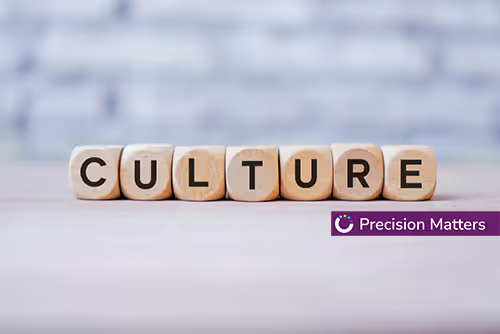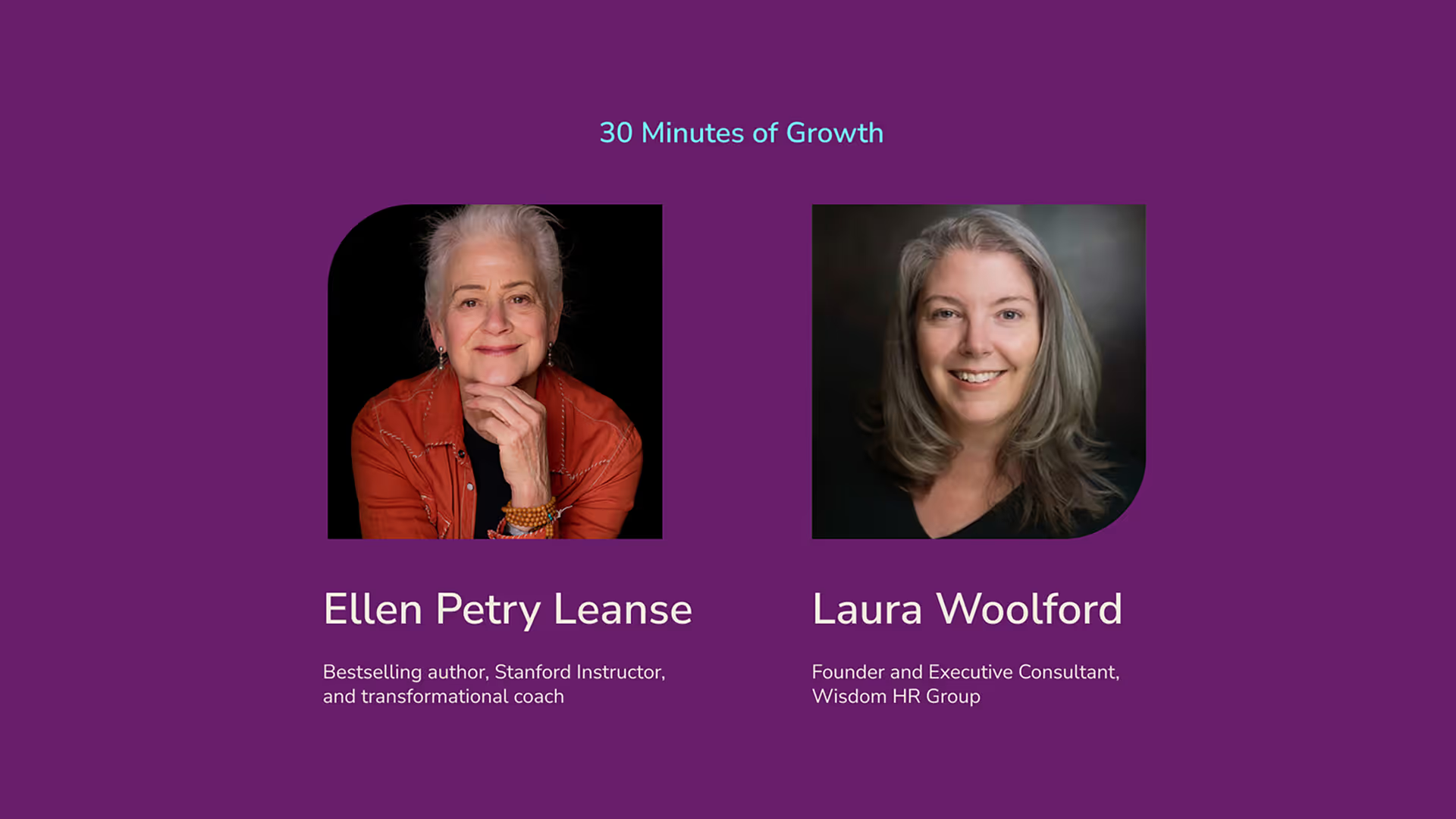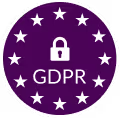Imagine a workplace where conversations spark innovation, where challenges are met with a collaborative spirit, and where every team member is empowered to bring their authentic self to work. This isn’t just an ideal; it’s the essence of a dynamic work culture. Such a culture is crucial not just for nurturing talent but for unlocking profound organizational growth and resilience. In this exploration, I delve into how fostering a culture rooted in trust, feedback, and authenticity can transform not only how we work, but also the success we achieve.
The essence of a dynamic work culture
A dynamic work culture is characterized by its focus on real, human interactions within an organization. It facilitates the kind of hard conversations that, ironically, do not need to be difficult. This involves addressing what is often mislabeled as ‘soft skills‘—empathy, emotional intelligence (EQ), and interpersonal communication—which are, in fact, the harder skills to master and implement. These skills allow leaders and teams to navigate the complexities of human dynamics in business effectively.
Leadership’s pivotal role
Leadership in a dynamic culture goes beyond mere management. It involves setting clear, strategic directions while fostering a trust-based environment where team members feel supported and valued. Leaders must encourage risk-taking and be prepared to support their teams through failures and successes alike. This supportive atmosphere is crucial for fostering innovation and continuous improvement.
Transforming established cultures
Transforming an existing, perhaps even toxic, culture is one of the most significant challenges leaders may face. It requires a fundamental shift in mindset at all levels of the organization, beginning with the C-Suite. The transformation process involves adopting a ‘play to win’ mindset, where the focus shifts from defensive strategies to proactive growth and development. This shift is not just about changing policies but about changing the very ethos of the company.
Strategies for building trust and openness
Building trust within teams starts with transparency and communication. Leaders must initiate and encourage open dialogue about both successes and failures. Regular, honest conversations can help build a foundation of trust that allows for healthy conflict and constructive feedback, essential components of a dynamic culture. These discussions help peel back the layers of individual and collective psyche, revealing and addressing the underlying issues that hinder performance.
Implementing sustainable practices
Sustainability in a dynamic culture is achieved through continuous learning and development. This goes beyond traditional training to integrate growth opportunities into the very fabric of the organization’s operations. Accountability and responsibility are also crucial, as they align individual performances with the organization’s broader business objectives, turning efforts into measurable outcomes.
Overcoming external pressures
One of the biggest challenges to maintaining a dynamic culture is external pressures, such as quarterly shareholder commitments. Leaders must balance these pressures with the need to invest in long-term cultural health. This balancing act requires a robust strategy that prioritizes long-term gains over short-term achievements.
Real-world applications
Throughout my tenure as a CHRO and now at The Salary Bump, I’ve witnessed first-hand the transformative power of a dynamic culture. Companies like Google, Microsoft, and Netflix have thrived under such cultures, emphasizing openness, empowerment, and continuous improvement.
Google is renowned for fostering an environment where employees feel safe to take risks and voice their ideas without fear of judgment. This psychological safety is crucial for innovation. Google’s practice of regular, candid feedback sessions and their open-door policy empower employees to share their thoughts freely, leading to groundbreaking innovations like Gmail and Google Maps. Additionally, Google invests heavily in employee development through programs like “GoogleEDU,” which offers courses and resources for continuous learning. This commitment to personal growth not only enhances employees’ skills but also keeps them engaged and motivated.
Under the leadership of Satya Nadella, Microsoft underwent a cultural transformation emphasizing a growth mindset. This shift encouraged employees to embrace learning and development, focus on collaboration, and be more innovative. Nadella’s focus on empathy and active listening transformed Microsoft’s internal culture, leading to renewed market relevance and financial success. Microsoft also prioritizes diversity and inclusion, understanding that diverse teams bring a wider array of perspectives, which drives creativity and problem-solving. This inclusive approach has positioned Microsoft as a leader in tech innovation and corporate responsibility.
Netflix emphasizes freedom and responsibility, trusting employees to make decisions and take ownership of their work. This autonomy fosters a high-performance environment where innovation thrives. Netflix practices radical transparency, sharing information openly within the company. This transparency builds trust, aligns the team with the company’s goals, and ensures that everyone is on the same page.
These companies have demonstrated that when people are excited to come to work, feel appreciated, and are aligned with their company’s mission, business success naturally follows. Their commitment to fostering dynamic cultures has not only driven their innovation but also set a benchmark for organizational excellence.
These companies have demonstrated that when people are excited to come to work, feel appreciated, and are aligned with their company’s mission, business success naturally follows.
Final thoughts
The journey to create and sustain a dynamic work culture is challenging and requires a commitment to deep, often uncomfortable change. However, the rewards are substantial. It transforms companies into thriving communities where innovation, engagement, and productivity reach new heights. As leaders, our challenge is to foster these environments where change is embraced, and every individual feels empowered to contribute their best.
This article is part of the Precision Matters series. In the series, HR and L&D leaders share their expert strategies for utilizing Learning & Development tools to craft precise, impactful business outcomes and foster organizational growth.
Ready to turn insights into impact?












